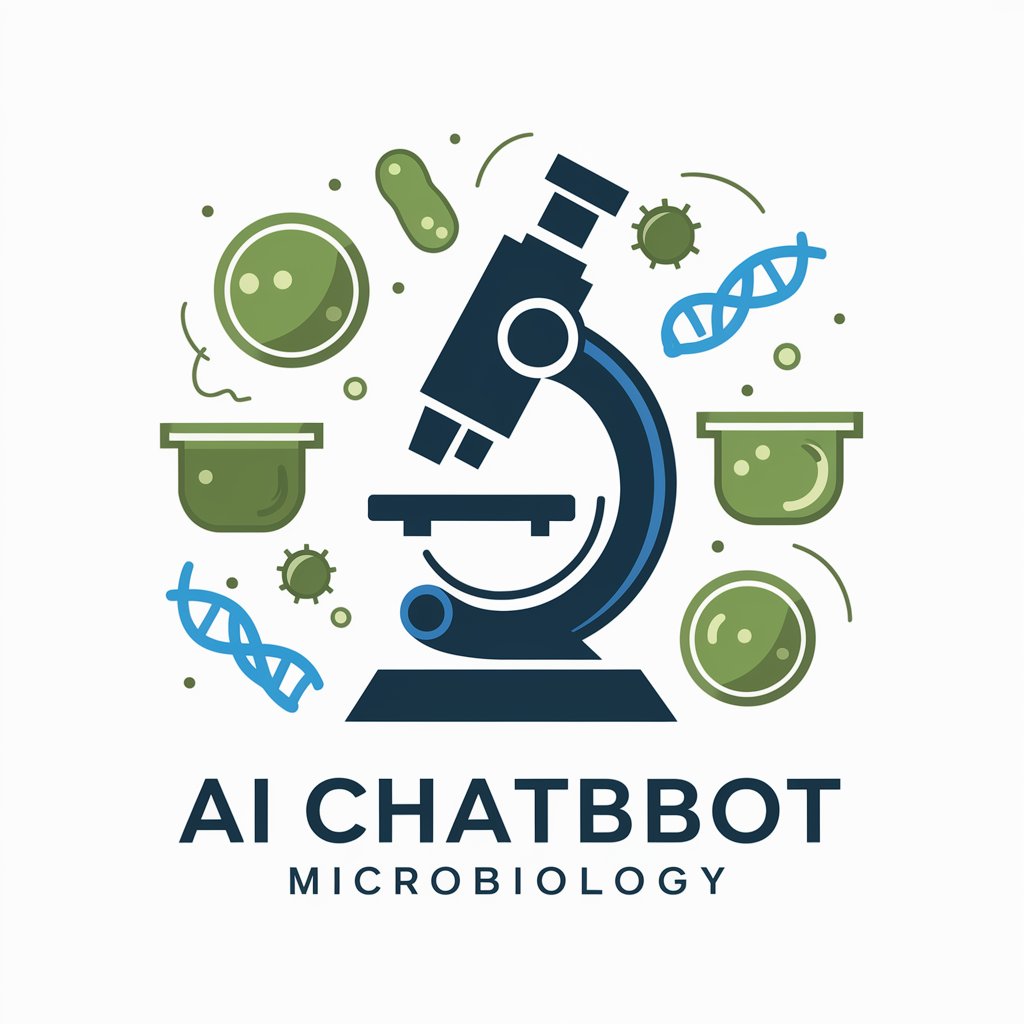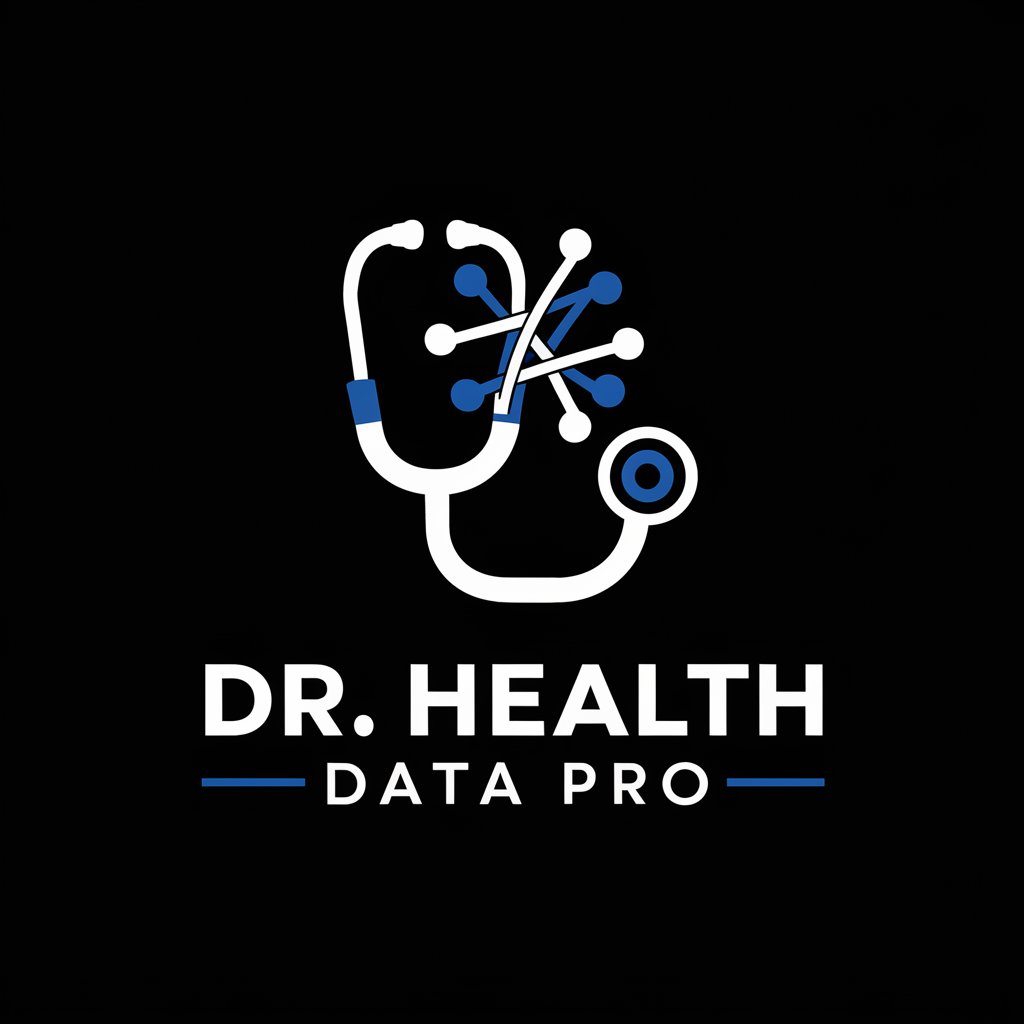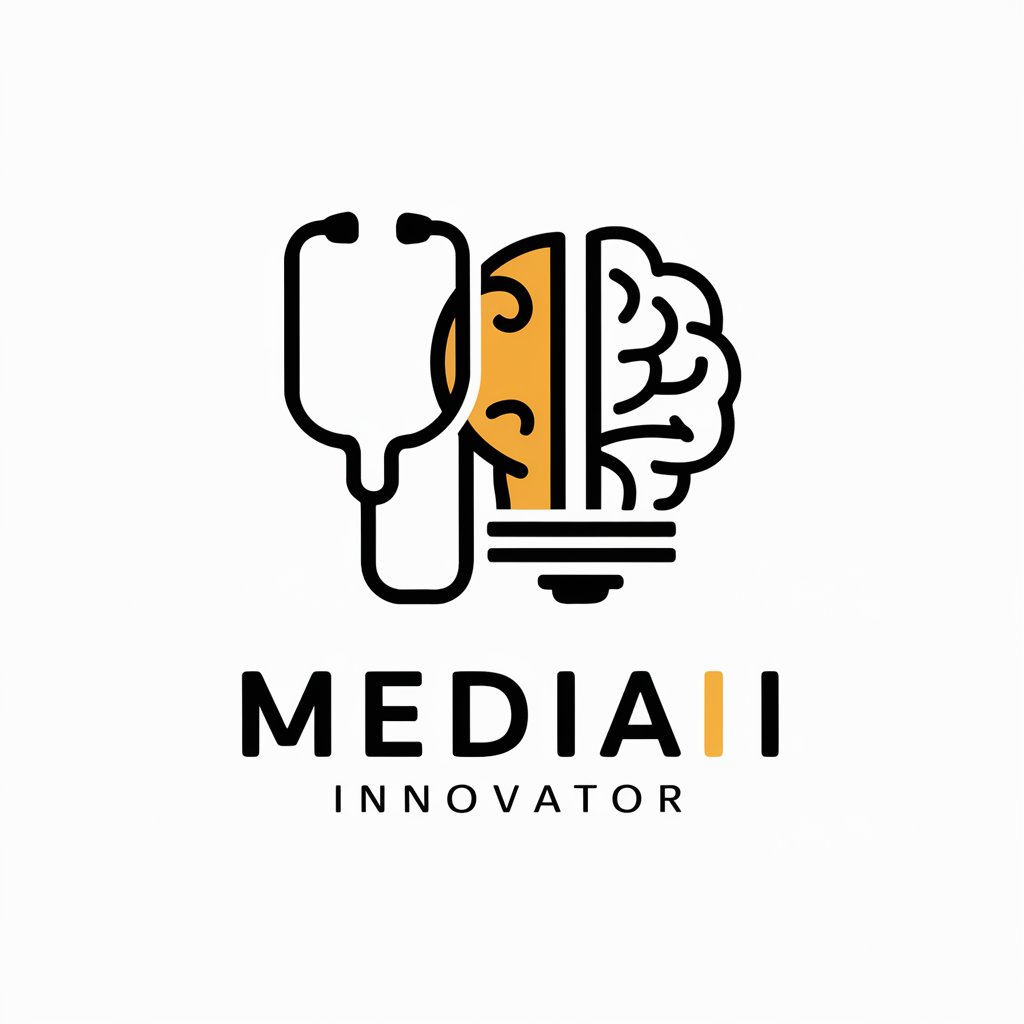14 GPTs for Diagnostics Powered by AI for Free of 2026
AI GPTs for Diagnostics are advanced computational tools designed to assist in the identification, analysis, and interpretation of diagnostic challenges across various fields. By leveraging Generative Pre-trained Transformers (GPTs), these AI models offer tailored solutions, improving accuracy and efficiency in diagnostics. They are particularly valuable for their ability to process and analyze vast amounts of data, recognize patterns, and provide insights that may not be immediately obvious to human observers. Their relevance spans healthcare, engineering, cybersecurity, and environmental studies, showcasing their adaptability to specific diagnostic needs.
Top 10 GPTs for Diagnostics are: Academic Medicine,ClinicMedAssist+,AI Neurology,Microbiology,临床医学助理,VISION CARE AI,Nurse Practitioner (NP),SMLE Destroyer,Auto Expert,Electro Wizard
Academic Medicine
AI-powered medical resource for clinicians

ClinicMedAssist+
AI-Powered Clinical Assistance for GPs
AI Neurology
AI-Powered Neurological Insights and Information

Microbiology
AI-Powered Microbiology Expertise

临床医学助理
AI-powered clinical insights for better patient outcomes.

VISION CARE AI
AI-driven insights for retinal analysis

Nurse Practitioner (NP)
AI-powered clinical support for NPs.

SMLE Destroyer
AI-Powered Medical Exam Success.

Auto Expert
Revolutionizing Automotive Knowledge with AI

Electro Wizard
AI-Powered Electronics Guidance for All

🌟Dr. Health Data Pro🌟
AI-powered medical diagnostic and therapeutic tool

MediAI Innovator
Innovating Healthcare with AI Insights

How to Fix a Car
AI-Powered Car Repair Assistant

医学笔墨
Empowering Healthcare with AI

Key Attributes of Diagnostic AI Tools
These GPTs tools stand out for their adaptability, capable of handling tasks ranging from simple data interpretation to complex diagnostic analysis. Key features include advanced language understanding for parsing technical documents, image analysis capabilities for visual diagnostics, and sophisticated data analytics for trend identification. Special features may encompass real-time web searching for the latest research, integration with diagnostic devices, and customizable interfaces for specific diagnostic tasks. Their ability to learn and improve from iterative tasks further distinguishes them.
Who Benefits from Diagnostic AI Innovations
AI GPTs for Diagnostics are designed for a broad audience, including medical professionals seeking to enhance diagnostic accuracy, engineers looking for fault detection in systems, cybersecurity experts in need of identifying vulnerabilities, and environmental scientists monitoring ecological changes. They are accessible to novices through user-friendly interfaces, while offering deep customization and programming interfaces for developers and technologists. This makes them a versatile tool for both educational purposes and advanced research in diagnostics.
Try Our other AI GPTs tools for Free
Framework Migration
Explore how AI GPTs streamline software framework migration, making it simpler and more efficient for developers and organizations alike.
Batch Processing
Discover AI GPTs for Batch Processing: tailor-made tools designed to optimize your data processing tasks with efficiency, accuracy, and scalability.
Fun Learning
Discover engaging and interactive learning with AI GPTs for Fun Learning, where education meets creativity and innovation for an enriching experience.
Easy Communication
Explore AI GPTs for Easy Communication: Transforming interactions through advanced AI, offering personalized, efficient communication solutions for individuals and businesses alike.
Simple Answers
Discover how AI GPTs for Simple Answers can streamline your access to information, offering rapid, accurate responses tailored to your queries. Ideal for users at all levels seeking quick insights.
Humor Engage
Discover the power of AI GPTs for Humor Engage: tools designed to revolutionize humor creation and engagement through advanced machine learning and natural language processing.
Expanding the Horizons of Diagnostic Solutions
AI GPTs for Diagnostics are reshaping the landscape of diagnostic processes, offering customizable, efficient, and accurate tools. Their integration into various sectors demonstrates the versatility and potential of AI to complement human expertise, with user-friendly interfaces facilitating broader adoption. As these tools evolve, they promise to unlock new diagnostic possibilities and improve outcomes across numerous fields.
Frequently Asked Questions
What are AI GPTs for Diagnostics?
AI GPTs for Diagnostics are intelligent tools that apply generative pre-trained transformer technology to assist in the analysis and interpretation of diagnostic data across various domains.
How do these tools adapt to different diagnostic tasks?
Through machine learning and natural language processing, these tools can be tailored to specific diagnostic requirements, learning from data inputs to improve accuracy over time.
Can non-experts use these AI diagnostic tools?
Yes, many of these tools are designed with user-friendly interfaces that require no prior programming knowledge, making them accessible to a wide range of users.
Are there customization options for professionals?
Definitely, professionals can access advanced settings and use programming interfaces to tailor the tools to complex diagnostic needs.
What makes GPTs suitable for diagnostics?
Their ability to process large datasets, recognize patterns, and learn from outcomes makes them exceptionally suited for diagnostics, offering insights that enhance decision-making.
How can these tools integrate into existing workflows?
AI GPTs for Diagnostics can often be integrated through APIs or specialized software interfaces, allowing them to complement and enhance existing diagnostic processes.
Do these tools support real-time diagnostics?
Yes, many are capable of processing data in real-time, providing immediate insights and analyses that are critical for timely decision-making.
What are the limitations of AI GPTs in diagnostics?
While highly effective, these tools may require significant data inputs for optimal performance and can be limited by the quality of the data provided. Ethical considerations and the need for human oversight in decision-making are also important.